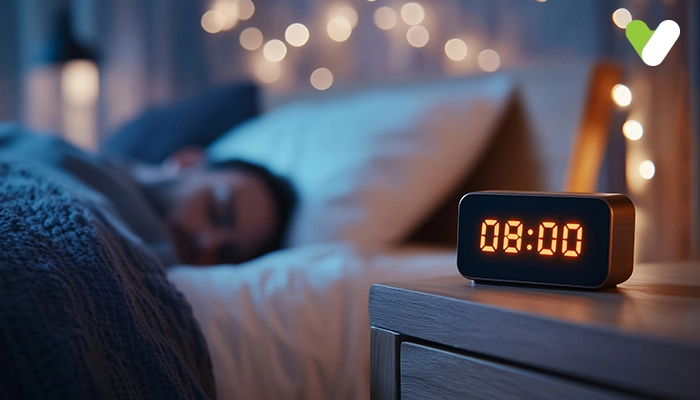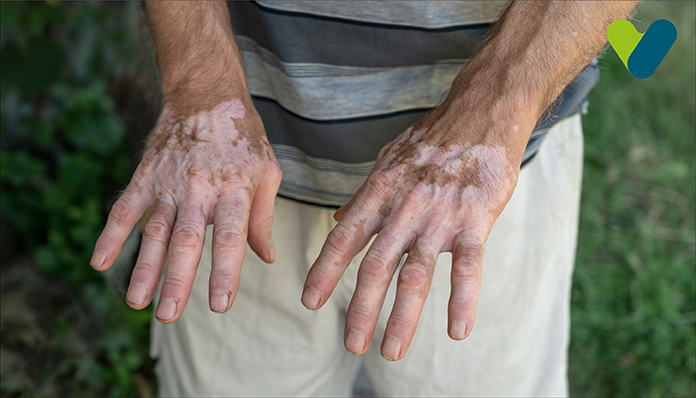Sleep is not an option; rather it is important to lead a healthy life. Prolonged sleep deprivation is injurious for your overall health and lifetime. Sleep performs many crucial brain and body maintenance functions that cannot be accomplished when you are awake. Though sleep is healthy for your body, still, there are a variety of sleep-related myths that need to be answered. In this article, we will focus on myths that surround how much sleep time an average person needs.
Everyone Needs 8 Hours of Sleep
According to human biology, there is no particular approach to sleep for all. Several medical studies have claimed that healthy and young adults need normal sleep i.e. 7–9 hours.But the story is not as simple as it looks. The amount of sleep a person needs every day may vary throughout his/her life.
- Newborns need 14–17 hours
- Infants need 12–15 hours
- Toddlers need 11–14 hours
- Preschoolers need 10–13 hours
- School-aged children need 9–11 hours
- Teenagers need 8–10 hours
- Adults need 7–9 hours
- Older adults need 7–8 hours
You May Accustom Your Body to Less Sleep
There is a worldwide belief that everyone needs fewer than 7–9 hours’ sleep. But unfortunately, this is a myth. As per the experts, a person needs fewer than 6 hours’ sleep to function his brain and body properly. Some people may feel alright and healthy with limited sleep. But some scientists think it is more likely that they are used to the negative effects of reduced sleep.People who sleep for less than 6 hours each night may get accustomed to the effects of sleep deprivation. But this doesn’t indicate that their body demands any less sleep.
Some people believe that less sleep will not hamper their activities or functions, but they are actually performing at a lower level. They may not realize it because functional failure happens gradually.
But some rare individuals may perform or function perfectly with fewer than 6.5 hours’ sleep each night. This happens due to a rare genetic mutation. This is not something that a person can train himself/herself to achieve.
Daytime Naps Are Unwholesome
Many experts recommend people avoid naps to ensure a better night’s sleep. But if someone can’t sleep or has missed out on sleep during earlier nights, he/she may take naps to compensate for sleep debt.A 20-minute nap length should be enough to recharge your body. People who sleep longer than this duration are inclined to deep sleep. They may feel muzzy once awake.
Your energy may go down in the early afternoon, so napping around this time is more natural than avoiding sleep until nighttime. But all naps are not equal. There is plenty of variation based on time of day, duration, and frequency of naps. Several experts also believe that short naps several times a week may improve your cardiovascular and cognitive dysfunction. But more studies are required to establish the relationship between napping and cardiovascular disease.
If you experience extreme tiredness or fatigue during the day, then this could be a sign of a sleep disorder, such as sleep apnea.
More Sleep is Always Better
Some people sleep for longer times than their body needs. But scientists have established a link between longer sleep durations and poorer health. A study was conducted on 276 adults for 6 years and it was revealed that the risk of developing obesity was increased for short and long-duration sleepers as compared to average-duration sleepers, with 27% and 21% increases in risk, respectively.Several researchers have also believed that sleep deprivation influences mortality. Both short and long sleep duration are important prognosticators of death in prospective population studies.
Sleep Deprivation is Lethal
No scientific evidence has clearly established that anyone dying from sleep deprivation. Sleep deprivation may affect people in other ways but it is not fatal.In 1965, a study was conducted by Gardner when he was 16 and he awoke for 11 days and 24 minutes, which equates to 264.4 hours to experiment with the sleep deprivation effect. At the end of the study, he was alive and didn’t experience any long-term health complications.
Another prime reason why the sleep deprivation myth can be fatal continues might be due to a condition called fatal familial insomnia. People who are suffering from this rare genetic disorder may be unable to sleep. But when they die due to this disease, they usually suffer from a condition called neurodegeneration rather than lack of sleep.
Though sleep deprivation may not kill you, being fatigued or overtired will increase the risk of accidents. A study was published in 2013 and it was revealed that 13% of work injuries could be accredited to sleep problems. So, sleep deprivation may have other fatal consequences.
Moreover, if your body is deprived of sleep for months and years, you may develop other conditions, including cardiovascular disease, hypertension, obesity, type 2 diabetes, and some forms of cancer.
What Time Should I Sleep?
Adults should try to sleep between 10-11 p.m.If you are sleeping more than 8 hours/9 hours, this can indicate some underlying problems.


